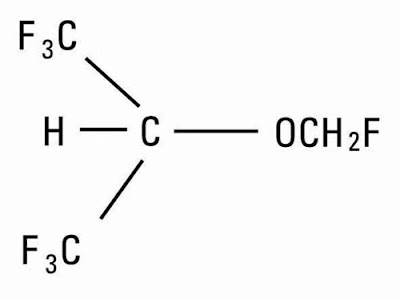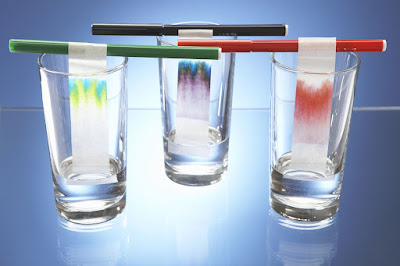Dimethylolpropionic Acid: An Emerging Builder Chemical
 |
| Dimethylolpropionic Acid |
Dimethylolpropionic acid (DMPA) is an organic compound that has gained increasing attention and applications in recent years as a versatile builder chemical.
Properties and Production
DMPA is a water-soluble hydroxyacid that is produced through the reaction of
formaldehyde with acrylic acid. Its molecular formula is C5H10O4. Some key
properties of DMPA include:
- Melting point of approximately 115°C
- Miscible in water, alcohols, and polar organic solvents
- Low volatility
- Thermal stability up to 180°C
- Ability to form complexes with metal ions
Commercially, DMPA is produced by oxidizing isobutyraldehyde or reacting
formaldehyde with acrylic acid. The reaction of formaldehyde and acrylic acid
is most commonly used for commercial-scale DMPA production. Optimization of
this reaction process has allowed manufacturers to produce DMPA in high yields.
Uses in Cleaning Products
One of the largest uses of DMPA currently is as a chelating agent and builder
in various cleaning products. Its ability to complex with metal ions makes it
popular as a water softener and builder. DMPA helps to dissociate and hold
metal ions in solution, preventing their precipitation and allowing better cleaning
results.
Some specific applications of DMPA in
cleaning products include:
- Laundry detergents, where it helps to soften hard water and remove stains
containing metal ions. Its stability over a wide pH range is beneficial here.
- Automatic dishwashing detergents, to complex calcium and magnesium ions from
hard water that can interfere with cleaning and rinse performance.
- Industrial and institutional cleaning formulations for hard surface cleaning.
Research on DMPA is ongoing to further expand its uses in sustainable cleaning
chemistries that are high-performing yet cause less environmental impact than
traditional builders.
Other Industrial Applications
Beyond cleaning products, Dimethylolpropionic
Acid is also finding applications in several other industrial sectors
due to its versatile properties:
- Construction - As a crosslinking agent/hardener in resin formulations for
flooring, coatings, and adhesives. Its reactive groups allow it to chemically
bond polymers together.
- Personal care - As a conditioning agent in hair and skin care products where
it helps deposit and retain moisture.
- Fire resistance - In intumescent fire retardant formulations, DMPA can
enhance the foaming/charring mechanism of some polymers to improve flame
resistance.
- Biomedical - Research is preliminary but indicates potential use as a
non-toxic precursor for biomedical polymers, bone grafts, etc. due to its
stability.
Future Outlook and Research Areas
With its hard water sequestering ability and reactive chemistry, DMPA appears
well-positioned to take on a larger role as a sustainable builder chemical in
the future. Ongoing research and development is focused on some of the
following areas:
- Optimizing DMPA production processes to further reduce costs and
environmental footprint. New routes utilizing biobased feedstocks are an area
of interest.
- Developing DMPA-based formulations with enhanced performance attributes over
traditional builders for key markets like laundry and automatic dishwashing
detergents.
- Evaluating DMPA for additional specialty applications like personal care
products, agriculture, water treatment, and more where its properties could
provide benefits.
- Conducting further toxicology studies to fully characterize DMPA for
biomedical and food contact substance applications.
- Exploring methods of using DMPA in conjunction with other biopolymers as a
precursor for advanced materials like biodegradable plastics.
Get More Insights on this Topic- https://www.trendingwebwire.com/dimethylolpropionic-acid-a-versatile-chemical-for-diverse-applications/



Comments
Post a Comment